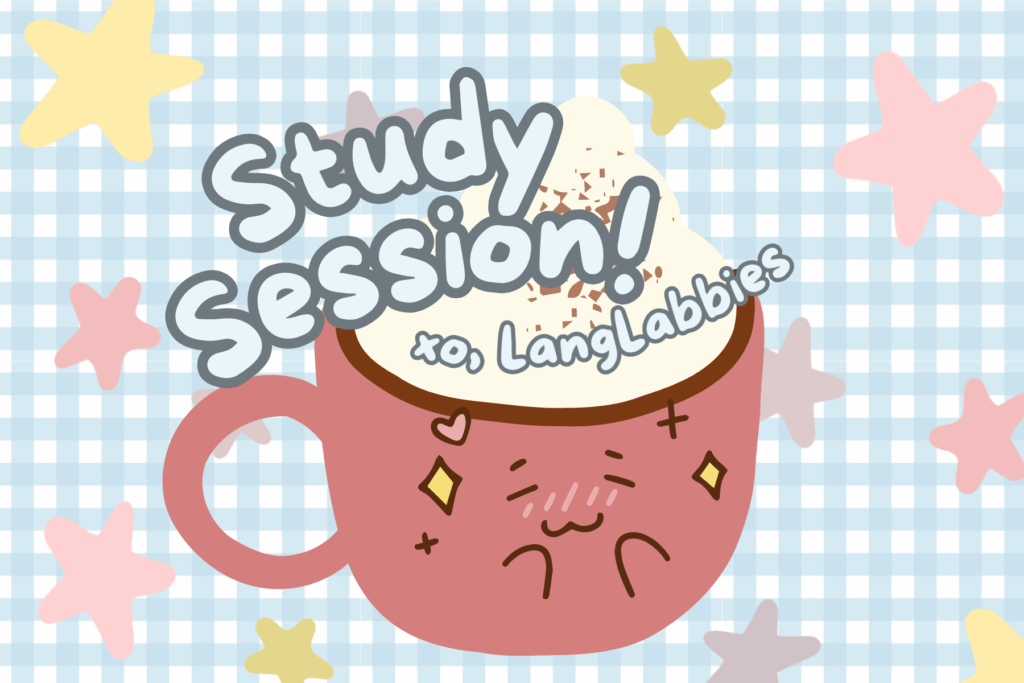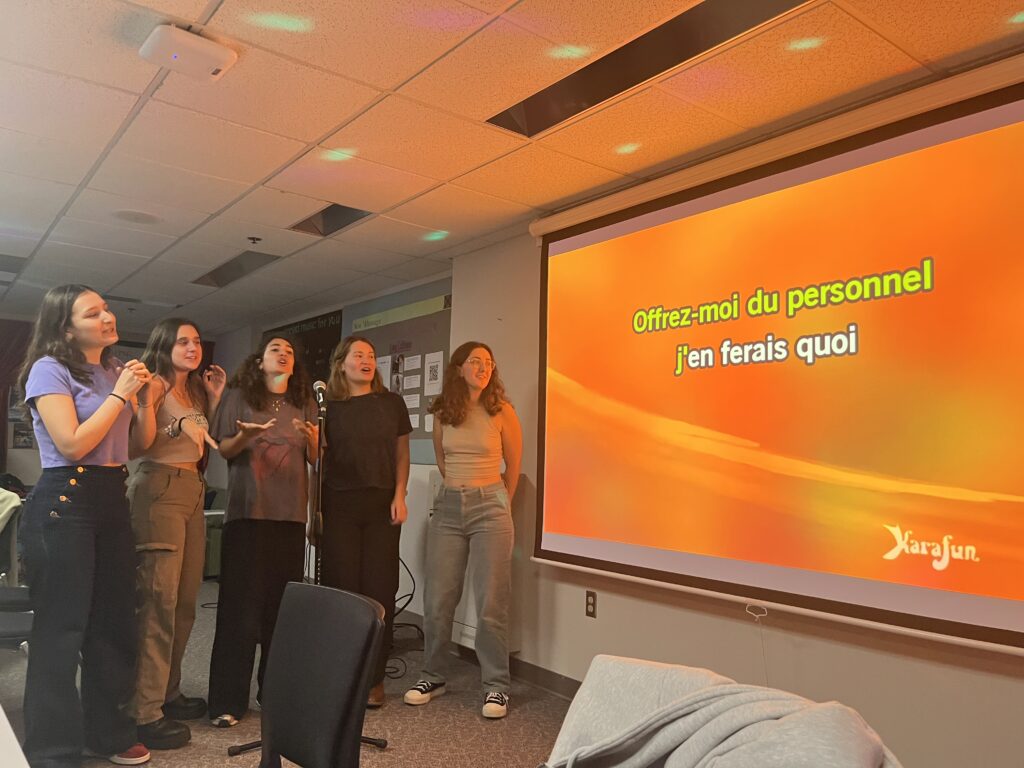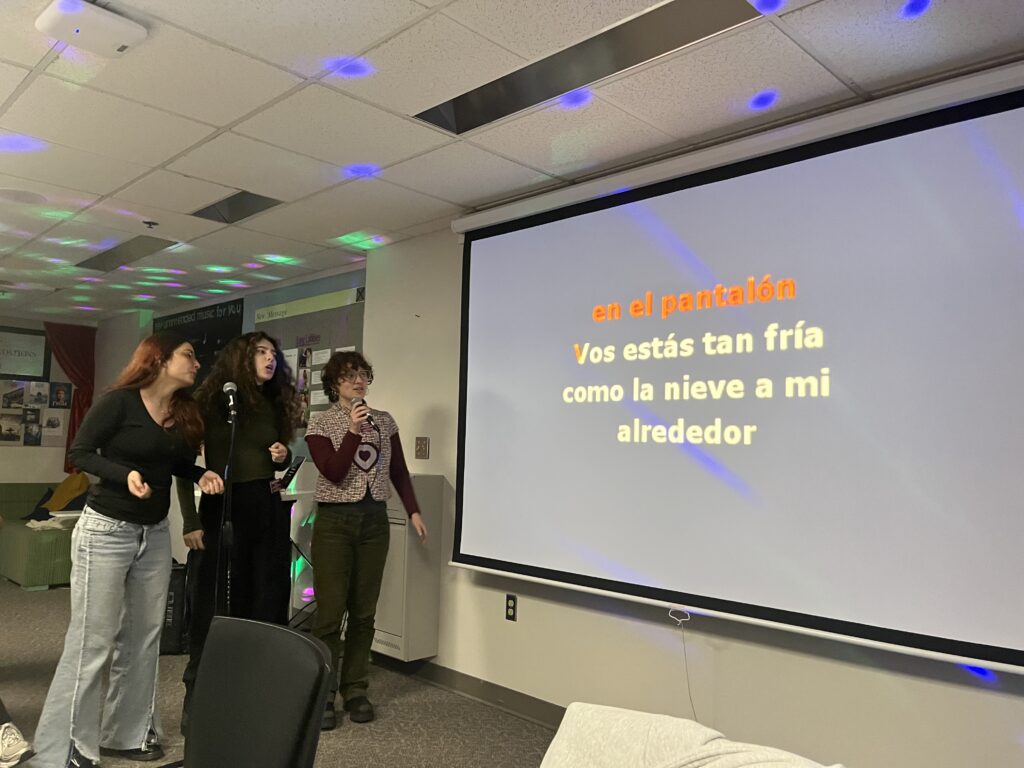When did you start learning your language?
I started learning German my freshman year at Reed.
What has been the most helpful tool in learning?
One tool that I have found helpful in language learning is reading familiar texts in new languages. Reading a familiar text in a new language is much easier than reading a wholly new text in a new language, so you can enjoy reading more and stress less about the difficulty of reading in a new language.
What do you enjoy most about speaking this language or knowing it?
The thing I love most about knowing German is that I can enjoy so much more literature, film, and philosophy as originally written.
What do you recommend to people learning this language?
German can be intimidating and difficult; remember to take some time to appreciate the progress you have already made.
How often do you practice?
I try to practice multiple days a week, although sometimes life gets in the way.
If you could speak one other language what would it be and why?
I would love to be able to read Aristotle in the original Greek, so I wish I could read Ancient Greek.
Why are you a tutor?
I am a tutor because I love to learn, teach, and speak German!
How difficult was it for you to learn this language?
I found German difficult to learn, and I still have so much more to learn!
What media do you enjoy most in this language? Lit/movies/music etc
I enjoy literature most in German. Particularly poetry, which I have never liked much in English. I find many German films to be a bit cheesy.
Can you give me an example?
Kafka is my favorite German author I have read. Of course, I love all of his classic stories like Metamorphosis and In the “Penal Colony,” but one less popular Kafka story I like is “The Burrow.”
Have you ever lived in a country that speak this language?
No, but I have lived in 2 Spanish-speaking countries!







